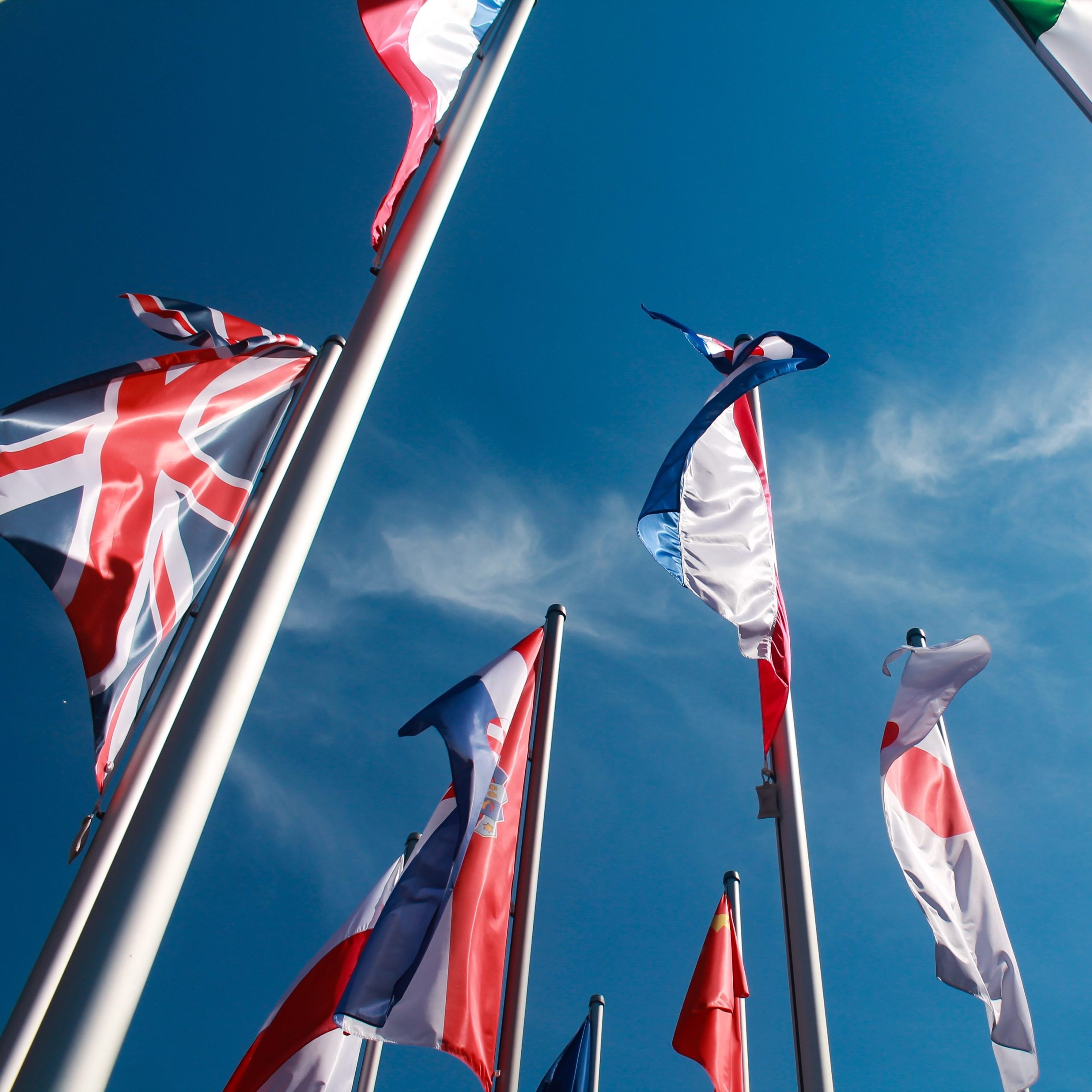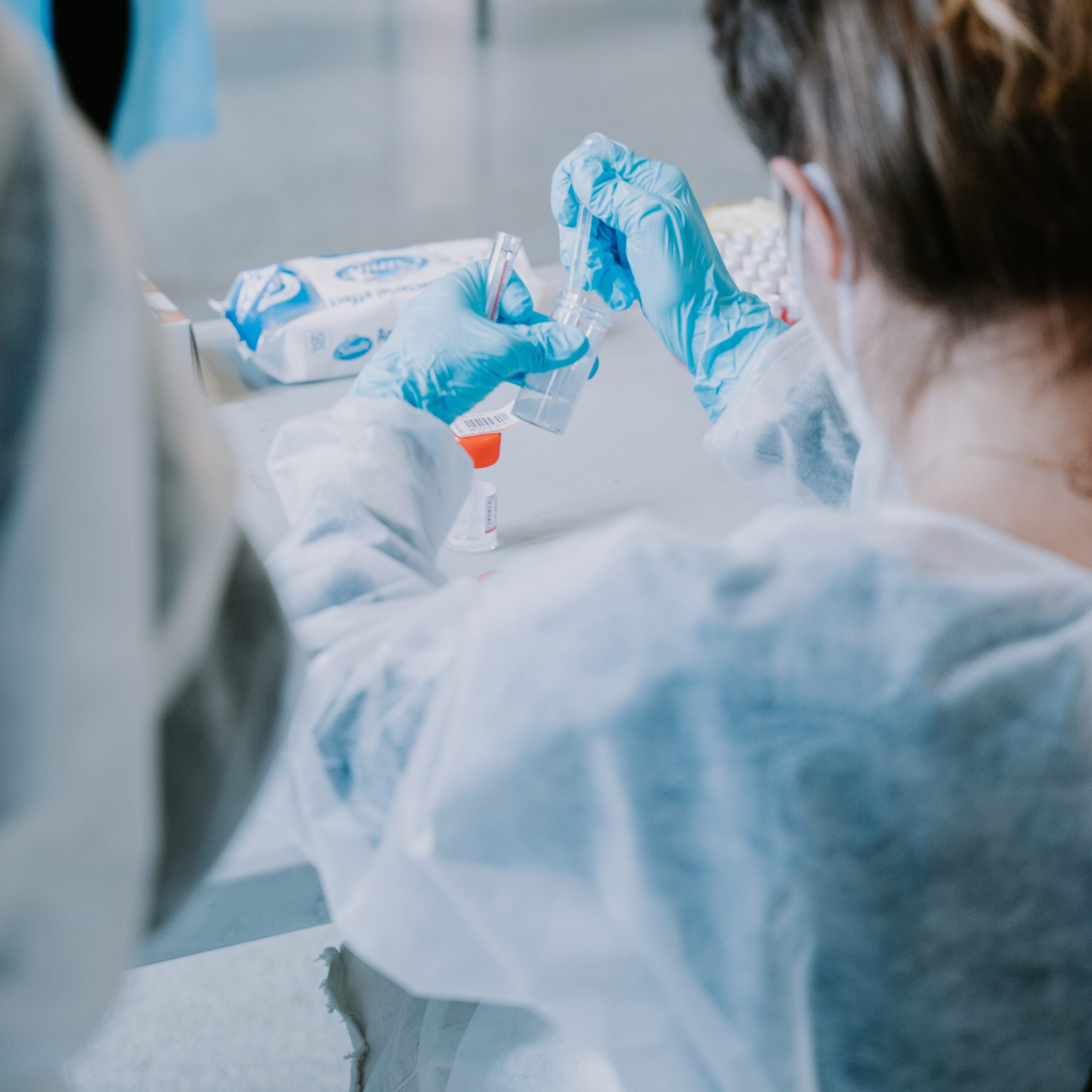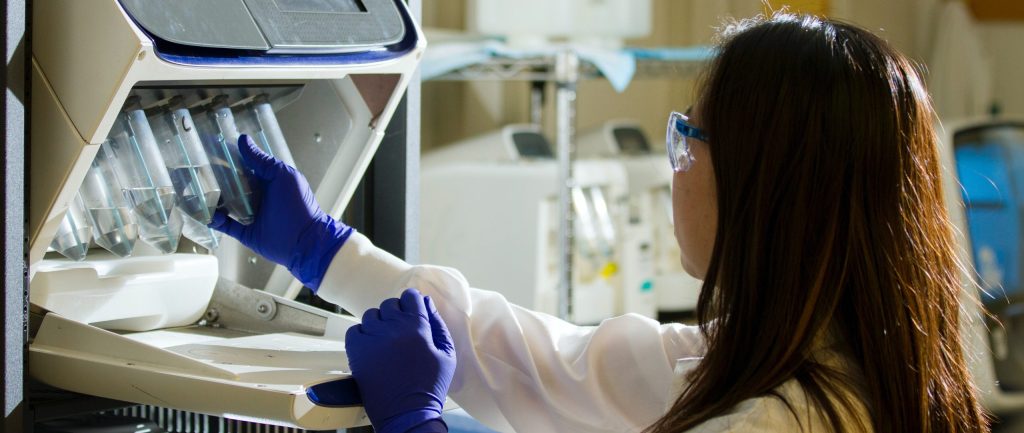What is UKCDR
The UK Collaborative on Development Research (UKCDR) is an organisation working side-by-side with government departments and research funders to amplify and enhance the UK’s research for international development sector. For over a decade, we have brought UK research funders together to discuss priorities and coordinate efforts to maximise the impact of international development research. We are a neutral and impartial entity governed by the Strategic Coherence of ODA-funded Research (SCOR) Board.
Our Mission
We exist to amplify the value and impact of research for global development by promoting coherence, collaboration and joint action among UK research funders.
Our strategy
UKCDR’s Strategy for the period of 2022 – 2025 leans on three pillars:
- Mapping, analysis and foresight;
- Convening for joint action; and
- Sharing information and best practice.
These pillars all feed into our overarching ambition to use our expertise and collective voice. We do this to achieve the following:
- Identify where UK research for development has been effective and shown value for money;
- Identify the overall impact of the UK’s investment in research for development;
- Bridge the gap between what is funded and how it is delivered;
- Increase our impact by working with a range of influential funding bodies and foster relationships with core users: the academic research community (UK and international) and the international development community; and
- foster dialogue, draw on complementary skills, initiate discussions and ensure representation and understanding of our international stakeholders’ needs and priorities to jointly address global challenges.
Our motivation to push forward
In recent decades, there has been unprecedented global development progress. Since the 1990s, the world has managed to more than halve the numbers of child deaths and of people living in extreme poverty. But there is still much progress to be made, in a world that is rapidly changing and where major development, demographic and environmental transitions are bringing new challenges that require different transdisciplinary and innovative approaches. In 2015, recognising the complexity of the world in which we live, the UK along with 192 leaders across the world agreed on a set of 17 Global Goals to make the world a better place by 2030, by reducing poverty, ending hunger, halting climate change, strengthening global peace, and promoting prosperity.



UK Universities and research institutes have a long tradition of outstanding work in, for and with developing countries. Recognising the value of research, in 2015 the UK government made a dramatic shift within its international development efforts – a yearly incremental rise in aid spend specifically for research from under £400 million in 2015 to over £1.2 billion in 2021.
At UKCDR, we firmly believe that research across disciplines and in partnership with low and middle income countries is essential to drive global development progress. This changing funding landscape provides a fantastic opportunity to address the global goals through generation of knowledge.

Looking at our history
The UK Collaborative on Development Sciences (UKCDS) was established in 2007, in response to a House of Commons Science and Technology Select Committee inquiry into the use of science in international development. In March 2015, the UK government reaffirmed its commitment to spend 0.7% of its Gross National Income on Official Development Assistance (ODA).Since November 2015, it has taken a whole of government approach to its international development effort, leveraging wider expertise through the UK’s world-leading science, research and development base to tackle global problems.
While the Department for International Development (DFID) is still the main delivery channel, more ODA funding for research and development is now administered by other departments to draw on their complementary skills. Given this new approach, and the uplift of ODA research funding in departments other than DFID, in July 2016 the House of Lords Science and Technology Committee recommended the creation of a coherence and coordination mechanism for government ODA-research funds. Following this recommendation, the Strategic Coherence for ODA-funded Research (SCOR) Board was established in 2017 to provide high-level coherence for UK ODA research. In June 2018, UKCDS rebranded to the UK Collaborative on Development Research (UKCDR) to reflect this diverse and changing landscape, with our new vision and aims under the strategic direction of the SCOR Board.